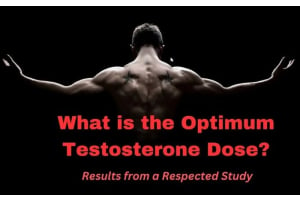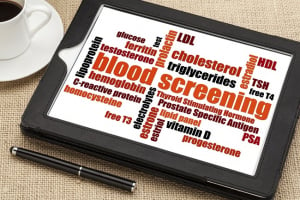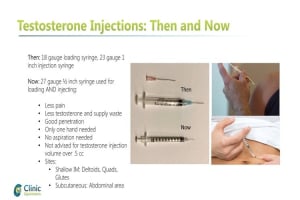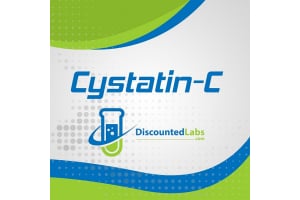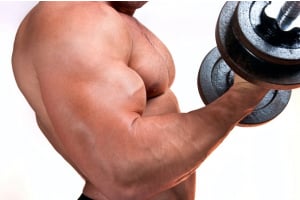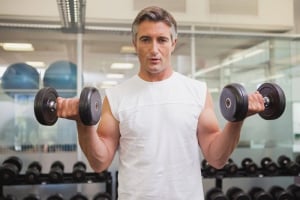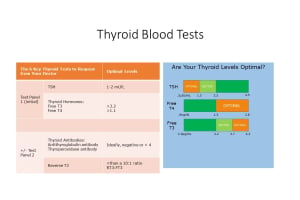Blog

-
What is the Best Testosterone Dose? Results from a Study
Categories: Testosterone Tests, Testosterone Side Effect Management, TRT Side Effects, Testosterone Blood Tests, TRT Blood Tests, Testosterone Lab Tests, TRT Testing, TRT Monitoring, Bodybuilder lab tests, Bodybuilder Blood WorkIs 2ml of Testosterone a Week Enough to Build Muscle? Study Results Testosterone is a hormone that -
5 Tips and Tricks to Know Before Getting Blood Tests Done
Categories: Fasting blood testsDrawing a blood sample for a blood test is probably not the most attractive thing in the world. Havi -
Where to Inject Testosterone: Intramuscular vs. Subcutaneous Injections
Categories: Testosterone Tests, Testosterone Blood Tests, TRT Blood Tests, Testosterone Lab Tests, TRT Monitoring, Testosterone in Women, Bodybuilder Blood WorkTestosterone Injection: Subcutaneous vs. Intramuscular—Where to Inject Regardless of which TR -
8 Key Hormone Tests for Athletes
Categories: Hormone Blood & Lab Tests, Bodybuilder lab tests, Men's Health Lab Tests, Bodybuilder Blood WorkYour hormones control everything from energy and strength to recovery and muscle-building. Regular t -
10 Essential Blood Tests for Women Over 40
As women age, their health needs change. Regular blood tests after 40 can help detect issues early, -
Is the Cystatin C Test Better than Creatinine for Muscular Men?
Categories: CMP blood test, Kidney Function, Bodybuilder lab tests, Bodybuilder Blood Work, ExerciseThe Cystatin C Blood Test The cystatin C blood test is used to monitor kidney function in people ex -
Weight Training Can Increase Liver Enzymes
Categories: TRT Side Effects, Testosterone Blood Tests, Testosterone Lab Tests, liver tests, Bodybuilder lab tests, Hepatic Function Panel, ExerciseHigh AST and ALT in Bodybuilding: How Weight Training Can Affect Liver Function Understanding Liver -
Exercise Tips for Best Fat Loss and Muscle Gain
Exercise has long been praised for its role in hormonal regulation, especially when it comes -
Thyroid Tests and What They Mean: Thyroid Test Results Chart
Categories: TSH Thyroid Test, Free T3 Thyroid Test, Free T4 Thyroid Test, Thyroid Tests, Meaning of low and high lab test valuesDecoding Thyroid Test Results Chart: What They Mean The Challenge of Diagnosing Thyroid Dysfuncti

